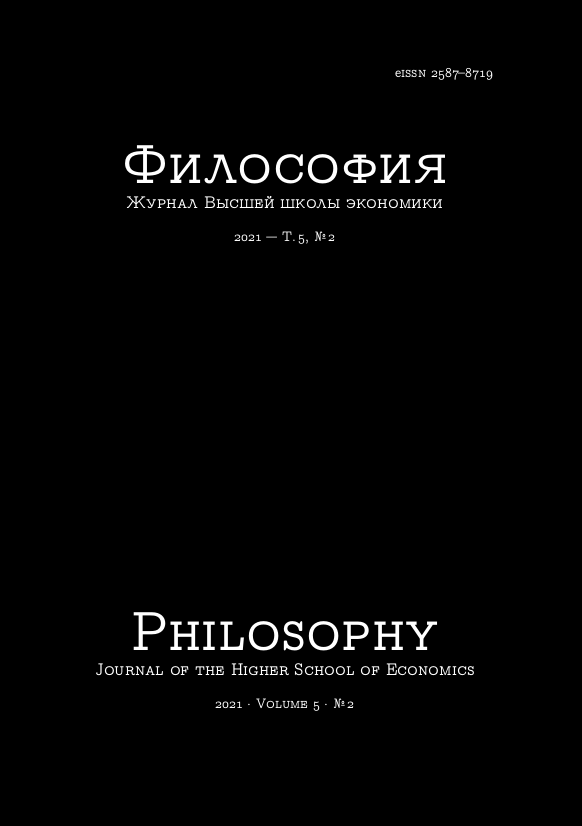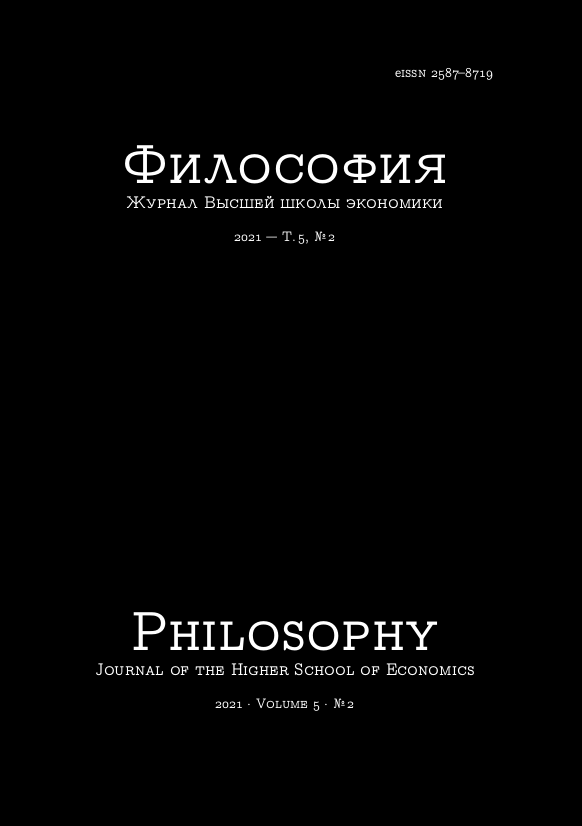
The focus of the new issue of our journal is the political philosophy of conservative and radical trends. First of all, in those moments where conservative thought merges with left-wing constructions and vice versa, where the political thought of radicals/socialists turns out to be absorbing concepts and pieces of training of thought, genealogically or actually at that moment belonging to the circle of conservative ideas.
We tried to combine theoretical and concrete historical research since, in our opinion, there is ample space in the history of thought and intellectual history that is not only theoretically not fully comprehensible, but also primarily elementary, not described. The issue opens with an article by Ilya Budraitskis (RANEPA) dedicated to understanding / conceptualizing the finitude of the state in conservative and socialist thought. The following five articles analyze different aspects of the history of Russian thought. Konstantin Dushenko (INION RAS) reconstructs the history of the myth about the “end of Petersburg”. At the same time, Andrey Teslya (IKBFU) analyzes the formation of the concept of “subjective sociology” by Nikolai Mikhailovsky and the difference between “spirit” Russian radicalism of the sixties and seventies. Evgeniy Emelyanov (Ural Federal University named after B.N. Yeltsin) addresses the insufficiently studied issue of the influence of the famous polemics of E. Meyer and K. Bücher on Russian and Soviet historical science, German Korayev (IKBFU named after I. Kant) analyzes Bakhtin's theory of carnival through the prism of biopolitics, and Anatoliy Korchinskiy (Russian State Humanitarian University) examines the relationship between text and reality in Soviet “sociological” literary criticism of the 1920s. The last two articles written by Alexey Kruglov (Russian State University for the Humanities) and Yuriy Vasilenko (NRU HSE-Perm) refer to foreign subjects. The first article demonstrates the importance of commemorative and commemorative philosophical medals as unique visual means for clarifying problematic issues in the history of philosophy. Yuri Vasilenko's article analyzes the attempt by Juan III, a Carlist claimant to the Spanish throne in 1861--1868, to expand the ideological base of Carlism to moderate liberalism. The author highlights the problems and contradictions of the initially anti-modernist, conservative position of the Carlist core in the rapidly changing social and political realities of the 3rd quarter of the 19th century.
The translation section consists of two materials: the report “On the destruction caused by vandalism and the means to curb them” by Henri Grégoire (in which the concept of “vandalism” is introduced), translated and commented on by Evgeniy Blinov (Tyumen State University), and the “Famine, Affluence and Morality” by Peter Singer, accompanied by a detailed introductory article by translators Anna Vernikovskaya (independent researcher) and Alexei Pleshkov (HSE University).
The issue closes with the reviews section, which includes three texts. First of them is the critical analysis of “The Political Doctrine of Julius Evola in the Context of the 'Conservative Revolution' in Germany” by Dmitriy Moiseyev (Oleg Kildyushov, NRU HSE). The second is the review of the Ukrainian version of the “Dictionary of Untranslatables: A Philosophical Lexicon” written by Alexander Markov (Russian State University for the Humanities). Finally, the third one is the review of “Post-Horror” by David Church (Alexander Pavlov, Higher School of Economics).
A.A. Teslya






